 Be sure to read our blog article, Discover The Self-Driving Network That Juniper Mist Delivers.
Be sure to read our blog article, Discover The Self-Driving Network That Juniper Mist Delivers.
Way back in 2005, Gartner predicted that the consumerization of IT would be one of the most significant trends over the next decade. This prediction has held true as the consumerization of IT has repeatedly played itself out in recent years. Emerging technologies have made their way from the consumer market and into business enterprises with the next phase of this consumerization trend now in motion. And its central focus? Artificial intelligence (AI).
Consumers are very accustomed to the role that AI plays to ease their daily lives, whether it be the navigation apps in our smartphones or the social media algorithms that feed us filtered products and information. AI has already proven its worth within the consumer market, and now AI is making its impact in the enterprise.
Recognizing The Power of AI In The Enterprise
Juniper Networks conducted an extensive study in January 2021 to better understand the role that AI has within the enterprise and to what extent it is being embraced by business leadership. It included a survey of 700 leaders from multiple industries who were familiar with AI technologies. The results of the survey were clear:
- A resounding 95% of respondents believed that their organizations would benefit from embedding AI into their daily operations, products, and services.
- Not only do they believe in the power of AI, but 88% also said they want to use AI as much as possible.
- 67% reported that AI had been identified as a priority by their organization’s leadership team for their 2021 strategic plan.
Gartner defines AI as the application of, “advanced analysis and logic-based techniques, including machine learning, to interpret events, support and automate decisions, and take actions.” Essentially, it automates tasks that otherwise require human cognition. The pace and scale that AI can perform such tasks far exceeds the threshold potential of humans. It also goes far beyond the capabilities of conventional “predictive intelligence” that relies on established algorithms, historical data, and human input. AI systems work autonomously on their own and utilize machine learning that takes cognitive data and learns from it. This learning process allows it to potentially modify its own algorithms over time. AI continually tests and re-evaluates data to uncover underlying patterns often unnoticed by human study. Notable examples of where AI excels in the enterprise include:
- Hybrid architectures and remote work strategies have vastly expanded the size of IT estates. AI is being used to gain visibility across multiple workspaces, identify behavior anomalies across the IT plain, and to analyze data from logging platforms to alert cybersecurity teams about pending attacks.
- Logistical managers are using AI to find potential bottlenecks within their complex and elongated supply chains to streamline deliveries. They also use AI to right size inventories to eliminate the costly practice of overstocking and achieve faster order completion.
- AI is being used to gain a contextual understanding of customers, giving personnel insights, and suggested actions to help close a sale, add value, or formulate better pricing to accommodate identified risk patterns.
According to the mentioned Juniper study, the leading business area to integrate AI in the enterprise is information technology. In this capacity, AI is being used to perform tasks such as:
- Predict user experiences
- Dynamically allocate bandwidth to meet changing traffic demands
- Identify root cause issues and remediate them automatically
When you consider all the ways that AI can help IT leaders achieve greater uptime and performance for your network, it is no wonder why 86% of survey respondents expect to have network solutions making autonomous decisions to aid in the troubleshooting of network issues in the near future.
AI Enhances The Employee Experience
It is important to recognize enterprise employees as another important ingredient to this slice of AI apple pie (or cherry, take your pick.). Unfortunately, there remains a misconception that employees fear AI integration because it comes at the expense of human workers. While only half of the survey’s participants stated that their companies had implemented AI into their networking infrastructure, those that did so readily agreed that AI is helping employees attain a greater level of happiness with their jobs. According to the Juniper study, 82% of survey participants said that AI relieved employees from mundane workloads and allowed them to focus on innovation work that was more satisfying. Some of the other findings related to employee satisfaction included the following:
- 74% agreed that employee satisfaction has increased since implementing AI solutions to assist in their operational tasks.
- 59% reported an improved user experience for both end users and network operations/IT teams.
- 87% of executives agreed that AI will assist in increasing quality for their organization within the next 12 months.
While most survey respondents were aware of the benefits that AI offers, only 22% reported that they were using AI to automate or aid decision making for their employees. Because AI technology in the enterprise is so new, most organizations are still trying to figure out how to integrate it. Other challenges hindering AI assimilation efforts include:
- The deficiency of a technology stack that is not AI-ready
- The lack of an AI knowledgeable workforce
- Concerns relating to AI governance
These challenges, while formidable, are also temporary. That is why it is imperative to have a partner that can assess your organization and provide education on how AI can help your enterprise accelerate its efforts to achieve business objectives. At WEI, we have a team of AI specialists that assess, educate, and introduce you to solutions for AI in the enterprise such as the Juniper Mist AI platform.
Next Steps: To better understand why AI should be the next step in your digital transformation journey, download and read our new white paper, “AI-Driven Enterprise: The Next Objective of Your Digital Transformation.” It uncovers:
- Network operational benefits
- Where IT leaders stand after incremental implementation of AIOps
- Business areas where AI flourishes










